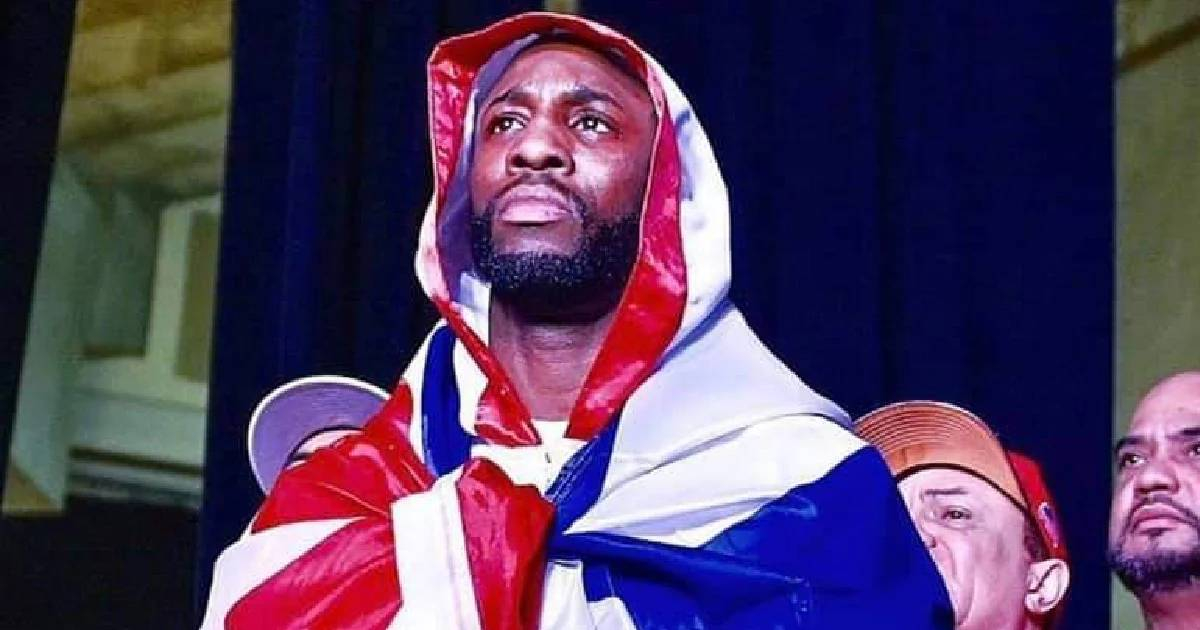Renowned boxer Yordenis Ugás, a vocal advocate for Cuban freedom, addressed the uproar surrounding urban artist Oniel Bebeshito's Miami concert on social media. In a message rich with contemplation and a plea for solidarity, Ugás clarified his stance, highlighting the fractures within the Cuban exile community.
“I never spoke about the artist; I spoke about those of you who hate an influencer more than the dictatorship that causes your families to suffer,” penned the former world champion, addressing critics of his support for the concert.
Ugás expressed regret over the disunity among Cubans and emphasized his sole wish for collective unity against the true adversary: the dictatorship. He also remarked that, despite facing criticism, he doesn’t consider those critics as enemies, wishing them success in their personal struggles, including migration challenges.
The boxer reminded his audience that his fights have consistently served as a platform to spotlight the Cuban cause: “This was a packed stadium... and my fights have always been a demonstration before, during, and after in support of our shared struggle, our common cause.”
Quoting José Martí, Ugás stressed that when it comes to freedom, even art can become a tool to advance that cause. He concluded with a hopeful message, wishing a year full of peace and blessings for Cubans, particularly those grappling with the island's harsh crisis.
“God, Homeland, Life, and Freedom. May Cuba be free,” Ugás concluded, reaffirming his unwavering commitment to the fight for a better Cuba.
In recent days, the celebrated athlete did not shy away from expressing his frustration following the concert, where thousands chanted "Sufre Otaola" in reference to host Alexander Otaola. At that moment, he questioned the Cuban community's dedication to fundamental causes of freedom and justice, urging a collective reflection.
Understanding the Cuban Exile Community's Perspectives
What was Yordenis Ugás's reaction to the Bebeshito concert controversy?
Yordenis Ugás called for unity and criticized those who focus more on hating influencers than addressing the suffering caused by the Cuban dictatorship.
How does Ugás view the divisions within the Cuban community?
Ugás sees the divisions as regrettable and believes that unity is essential to oppose the true enemy: the dictatorship in Cuba.
What role does Ugás believe art can play in the fight for freedom?
Ugás believes that art, like his boxing matches, can serve as a powerful tool to promote and advance the cause of freedom.
